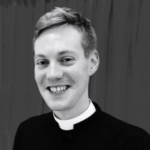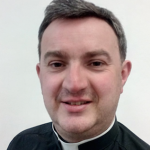
 Laura MacFarlane and Zoe Mathias blog on an exciting weekend coming of vocational discernment which is coming up next month…
Laura MacFarlane and Zoe Mathias blog on an exciting weekend coming of vocational discernment which is coming up next month…
God is calling each one of us. Yet in our busy world it can be hard to take time to listen. What does it mean to be attentive to God’s call as we think about our future?





